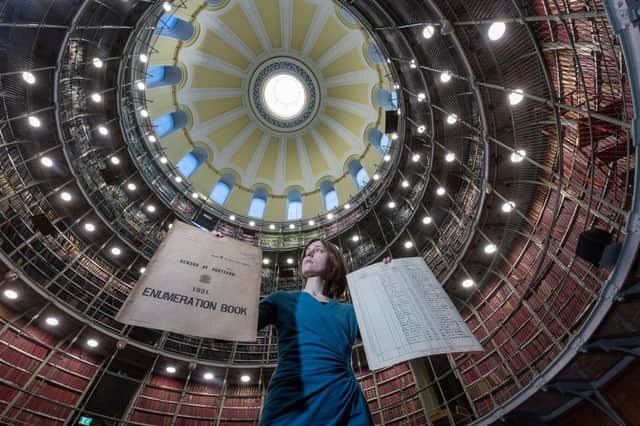Scotland's Census 1921 is a fascinating snapshot of life that should spark an idea about the present – Scotsman comment


Certainly, the 1921 Census, newly released online on the ScotlandsPeople website, provides a fascinating snapshot of life a century ago.
It was a time of great social change, as women began to claim their rights to equality, with the Sex Disqualification (Removal) Act of 1919 allowing them to pursue various careers, such as in the law and civil service, that were previously off-limits.
Advertisement
Hide AdAdvertisement
Hide AdThe Census recorded Madge Easton Anderson, the first woman to qualify as a solicitor in Britain, as a 25-year-old ‘law agent’ living with her family in Glasgow. Margaret Kidd, Britain’s first female King’s Counsel, was, at the time, a 19-year-old law student. And Georgina Macleod, 28, of Govan, gave her profession as police officer.
Meanwhile, a national emergency had been declared over the threat of a coal strike, with soldiers deployed to guard the mines. The Census found 156 troops were living at Denbeath Public School in Fife.
A Census is a marvellous thing, an invaluable resource for historians, professionals and amateurs alike. Such records of the past help us understand what life used to be like and what was considered to be normal and acceptable.
Sometimes, the past can seem charming, in other cases we may be horrified and appalled. However, looking backwards and casting judgement is a reminder that, one day, future generations will do the same about our times. So it might be an idea to imagine we are alive 100 years from now and wonder what we would make of society today.
Comments
Want to join the conversation? Please or to comment on this article.